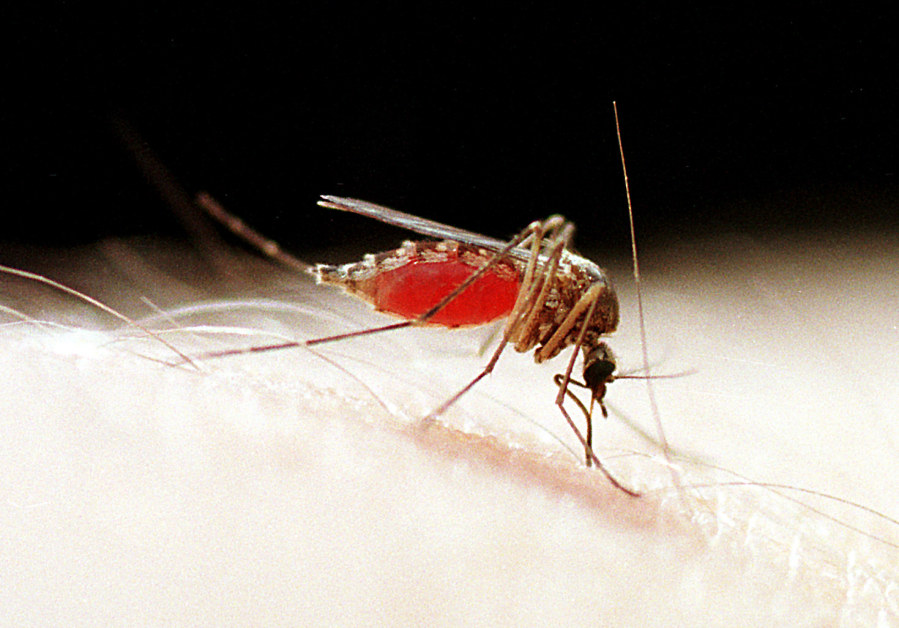The mosquito population is at a record high in Southwest Washington.
The Clark County Mosquito Control District has seen more than 10 times the number of mosquitoes it saw in 2021, with more than 300 service requests in the past three weeks.
“We’ve had a pretty large increase (in mosquitoes) compared to last year,” said Jesse Maritz, assistant biologist for the control district. “Granted, last year was pretty minimal, but it is a big spike.”
The largest increase is in floodwater mosquitoes, or Aedes vexans, a species known for its residence in soil above the waterline of aquatic areas. Washington is home to 23 different species of mosquitoes.
Mario Boisvert, manager for the control district, said recent flooding of the Columbia River created pristine conditions for the population rise.
“This year, the river was very high, and we broke record for two months in April and May for the rain,” Boisvert said. “For mosquitoes, this weather is perfect.”
The control crew typically conducts surveillance and abatement activities April 1 through Oct. 1. It utilizes a combination of all-terrain vehicles, helicopters, backpack applicators and meter maid carts to spread insecticide at affected areas. The control district usually only takes trucks to fog large, open areas with pesticide about three times per year. This year, it’s nine times per week.
Nuisance from adult mosquitoes is the primary concern. There are occasional cases of dog heartworm and equine encephalitis virus, but Maritz said that mosquito-carried viruses, such as Zika and West Nile, are not currently an issue in Western Washington.
“In terms of human-borne diseases, the nice thing here is that the floodwater ones don’t carry it, and they’re the ones we have the most of,” Maritz said.
The control district uses pesticides that contain a natural bacterium found in soil called Bacillus thuringiensis subspecies israelensis, also known as Bti. The FDA-approved bacterium produces toxins targeting mosquitoes and some bugs, with no toxicity to people.
Maritz recommends that homeowners avoid using large doses of insecticides and instead call the control district when mosquitoes become noticeable.
“We really recommend keeping it more simple,” Maritz said. “Wear the long clothing, use the bug spray, avoid going out at dawn and dusk when they’re at their peak.”
The control district runs its services through an Integrated Pest Management program. Vector control specialists respond to service requests by checking water areas for larvae and taking those found to the lab for identification. Different species require different action.
“If there’s 10 of this kind and they only eat frogs, it’s probably not worthwhile, you know, treating them,” Maritz said. “If they are one that likes to bite people, we’ll treat it.”
For those hoping to prevent mosquitoes on their own property, Maritz encourages removing any standing water, such as those few inches left in gutters and old pools.
“If you’ve got a bunch of standing water on your property, try to drain it,” Maritz said. “The (floodwater mosquitoes) love stinky gutters. They’re a tree hole species, and gutters are very similar to that. Those guys are very aggressive biters.”
For more information about the control district or to request service, visit https://clark.wa.gov/public-health/mosquito-control-district.




